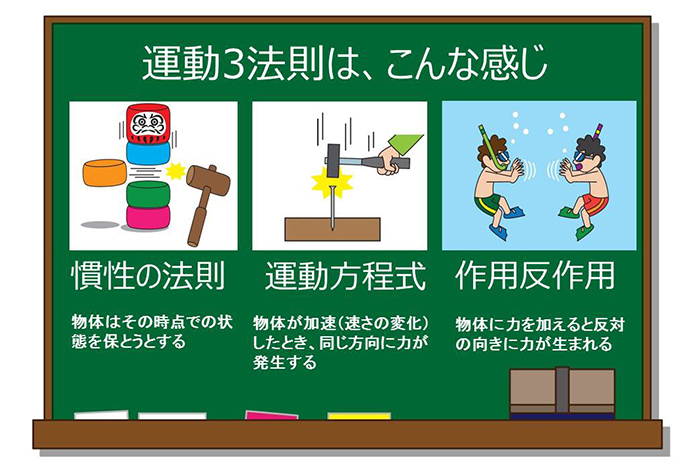
私が「準永続性の要請(公準)」 (the postulate of quasi-permanence) と私が呼んでいる (5つの要請/公準の中の)第一の要請(公準)は、ある意味で、ニュートンの運動の第一法則に代るものと考えてよいだろう。 、この要請(の支持)があるからこそ、(我々の)常識は 「人(人格)」 (persons) の概念や「物もの)」 (things) の概念を多少ともうまく用いることができるのである(訳注:人格に「準永続性」がなく、瞬間瞬間で人格が変わるとしたらまともに相手と向き合うことができなくなるから)。また、科学と哲学が、長い間、「実体」(substance) の概念を用いることができたのも、この要請(を支持すること)によってである。この要請(公準)が述べることは次のようなことである。即ち、 任意の事象Aが与えられると、Aに隣接する時間帯に、Aと極めて似ている事象がAに近接している場所に存在する(生じている)ことが,非常に頻繁に起る。 (我々の)常識は、この極めて似ている事象を、事象Aが起った「人(人格)」あるいは「物(もの)」の歴史の一部であるとみなすであろう。
Chapter 16: Non-Demonstrative Inference , n.15 The first of these I call ‘the postulate of quasi-permanence’, which may be regarded, in a sense, as replacing Newton’s first law of motion. It is in virtue of this postulate that common sense is able to operate more or less successfully with the concept of ‘persons’ and the concept of ‘things’. It is also in virtue of this postulate that science and philosophy were able, for a long time, to make use of the concept of ‘substance’. What the postulate states is as follows: Given any event A, it happens very frequently that, at any neighbouring time, there is at some neighbouring place an event very similar to A. This very similar event will be regarded by common sense as part of the history of the person or thing to whom the event A happened.
Source: My Philosophical Development, 1959, by Bertrand Russell
More info.:https://russell-j.com/beginner//BR_MPD_16-150.HTM
